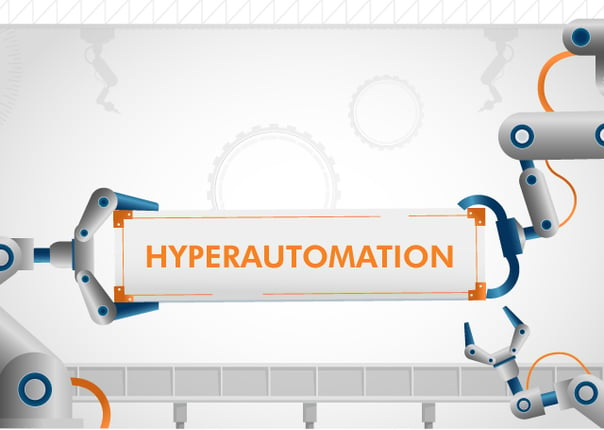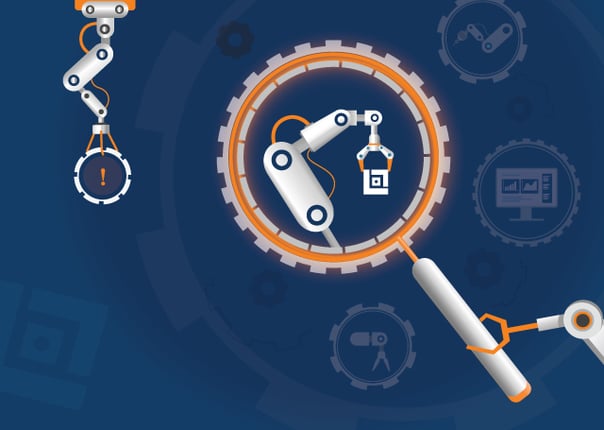There was a time when companies were hesitant to deploy automation as they feared venturing into something they didn’t fully understand. But now, automation technology has become the norm, and hyperautomation is enabling businesses to change their ways to a more people-centric approach.
QASource Blog
In our blog, we take a deep dive into the latest QA strategies, methodologies, and industry best practices driving the world of quality assurance. Follow our blog to get new ideas as to how to effectively deliver high-quality, bug-free software products, websites, and applications, while keeping costs low.

Automation wasn’t well-received when it was first introduced among the different industry verticals. Most companies were hesitant in employing this new technology simply because they feared what they didn't fully understand.
In modern software development, testers work in compressed cycles, and automate regression tests to save costs, time and effort. Insprint test automation provides an ideal development scenario, wherein, the entire process from creation to implementation and performance reporting of a software product happens in one sprint.
Before the remote working era, QA members used to either share devices for manual testing or run the automation suite on multiple devices using a hub. Check how QASource uses cloud infrastructures for automation testing.
In quality assurance, automation testing is one of the quickest and the most effective methods for checking the efficacy of software or an application. However, like most processes, be it a company’s business model, or the software development practices, automation testing has its own set of limitations.
There’s no doubt that automation testing is the quickest and most cost-effective method of QA testing. However, it cannot do everything, since some limitations of automation testing are built into the system and must be balanced against manual testing, while some are the result of inexact pre-programming, such as a failure to develop effective automation test hooks. Let's look at some of the drawbacks of automation testing:
The use of AI in software testing is geared towards making the software development lifecycle easier. Through the application of reasoning, problem solving and machine learning, artificial intelligence can be used to reduce the tedious and manual aspects of software development and testing, and automate the whole process. What Is Automation Testing? Automation testing is the software testing process of running test cases by using automated testing tools. With this type of testing, QA teams can perform tests faster, receive more accurate results and address code defects sooner.
The innovation of automation in the field of development has been one of the biggest in the technological field. However, in order to gain expertise, these skill sets are often difficult and require consistent time and effort.
The evolving automation testing ecosystem has led to automation frameworks being optimized to ensure comprehensiveness, speed, and maintainability. It is a tried and tested best practice that we will discuss in this expert series.
Written by QA Experts
QASource Blog, for executives and engineers, shares QA strategies, methodologies, and new ideas to inform and help effectively deliver quality products, websites and applications.
Categories
Authors
Our bloggers are the test management experts at QASource. They are executives, QA managers, team leads, and testing practitioners. Their combined experience exceeds 100 years and they know how to optimize QA efforts in a variety of industries, domains, tools, and technologies.








